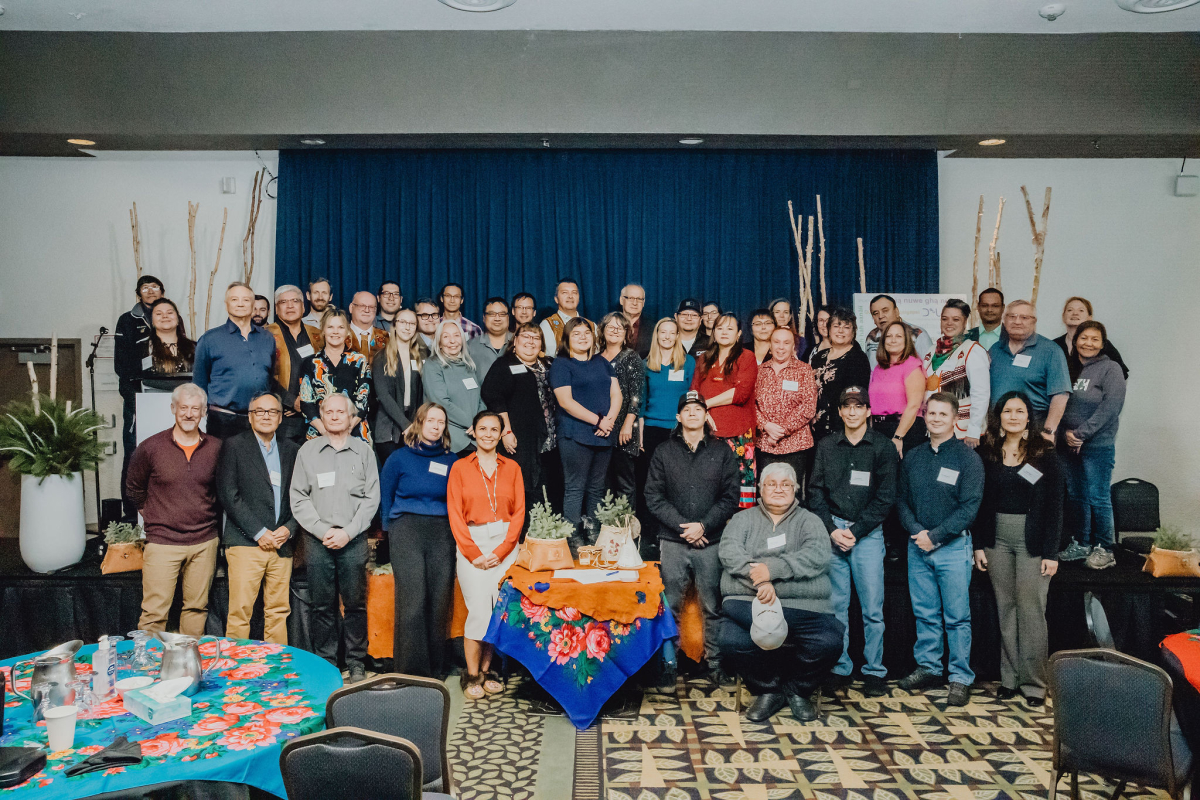Support strong Canadian climate journalism for 2025
The stage has been set for a conservation boom in the Northwest Territories with a signed framework agreement between the territorial and Indigenous governments and private philanthropies.
The agreement provides a launching pad for the Northwest Territories Project Finance for Permanence (PFP) by co-ordinating funding between the parties for a robust conservation economy, cultural resilience and Indigenous guardian stewardship for Indigenous Nations, Environment Minister Stephen Guilbeault said at a virtual press conference Friday.
The initiative will also advance Canada’s international biodiversity commitments to conserve 30 per cent of the country’s lands and waters by 2030 laid out in the Montreal-Kunming Agreement signed at COP15 in Montreal last year. The project could contribute 2.5 per cent or more to the target commitment, according to a press release.
This is good news for the territory’s Indigenous Nations after one of the worst wildfire seasons on record left communities separated for weeks. Some First Nations in the territory, like K’atl’odeeche First Nation, were evacuated twice this summer.
“We have a vision to protect our lands that is more sacred to us,” Grand Chief Jackson Lafferty of the Tłı̨chǫ Government said at the press conference. “Also, at the same time, balancing the whole economic arm, for our region and for Northwest Territories and outside [it].”
It’s unclear how the conservation work will lead to economic opportunities. Guilbeault told Canada’s National Observer a conservation economy supported by the PFP in the Great Bear Rainforest has led to opportunities such as ecotourism, but it is up to the local partners in the territory to decide what those opportunities will be.
The Great Bear Rainforest has also developed carbon credits that sell carbon offsets to counterbalance a company's or government’s carbon emissions. This industry will become more important as carbon pricing increases.
It’s also lucrative. The Great Bear Rainforest brings in millions each year to help fund social services and other priorities.
The partners of the Northwest Territories PFP are working towards finalizing the agreement by December 2023.
Matteo Cimellaro / Canada’s National Observer / Local Journalism Initiative







Comments
"The Great Bear Rainforest has also developed carbon credits that sell carbon offsets to counterbalance a company's or government’s carbon emissions. This industry will become more important as carbon pricing increases."
I was surprised to read this.
Does the CNO not have some sort of editorial policy regarding reporting of carbon credits as being legitimate, or not? It's easy enough to do an online search for recent coverage showing the degree to which they are simply a scam from the point of view of actually being of net benefit to the climate.